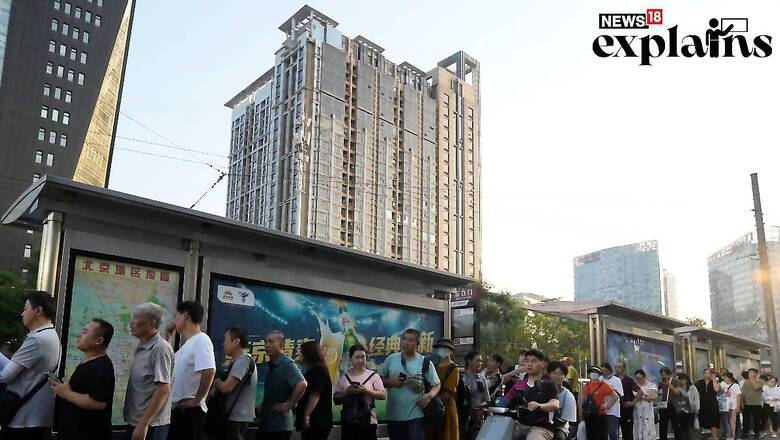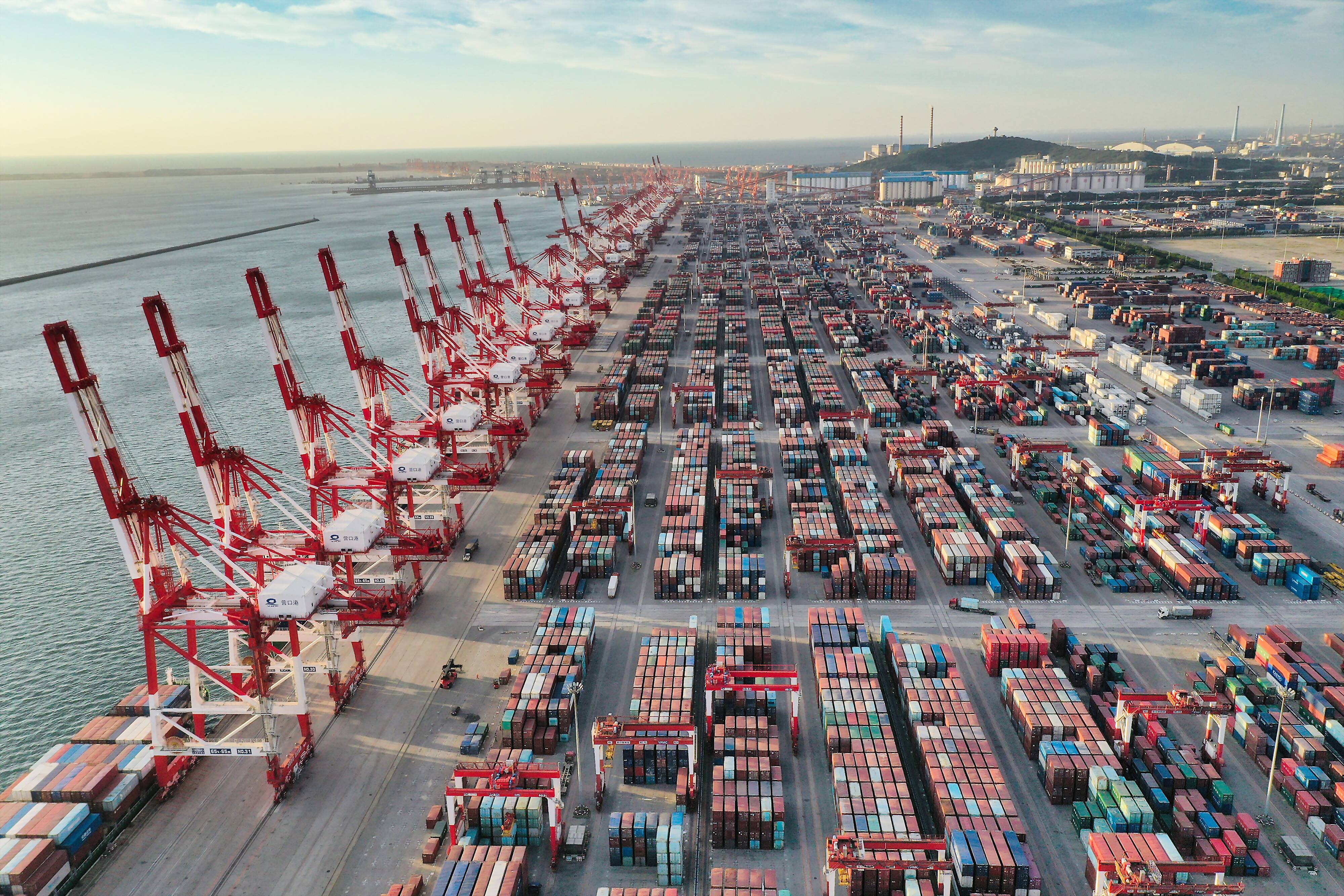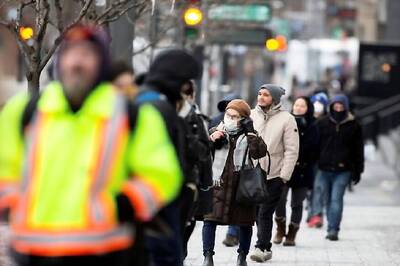
views
China’s economy is under slowdown for the first time in decades, sending shockwaves around the world and alarming international leaders and investors. The $18 trillion economy was expected to grow rapidly this year at around 5 percent, as the economy reopened after lifting Covid lockdowns and trade resumed.
However, the economic indicators gave alarming signals including: Chinese Yuan falling to its lowest level in 16 years, declining property sales, and record unemployment.
To make matters worse, a major homebuilder and an investment company have missed payments to their investors in recent weeks pointing out to the fear of ongoing deterioration of the real estate sector. Global investors have pulled more than $10 billion from China’s stock markets, while Goldman Sachs Group Inc. and Morgan Stanley have cut their targets for Chinese equities.
With the current trends, China is expected to miss the growth target of 5.5% this year, which would be an embarrassment for the Chinese leadership under President Xi Jinping.
Real Estate woes
China’s economy has been in doldrums since April this year, when a strong start after reopening faded. But concerns have intensified this month following defaults by Country Garden, once the country’s largest developer by property sales and Zhongrong Trust, a top trust company, according to CNN.
The real estate sector, which along with construction accounts for about a quarter of China’s GDP, is a key pillar of the country’s growth.

Evergrande Group earlier this year also announced fresh losses for the first half of the year. Evergrande, once China’s top developer, is drowning in a sea of debt and has become a symbol of the property crisis in the world’s number two economy.
The setbacks faced by Country Garden and Evergrande have further weakened a sector that was battered by the Covid pandemic and the general economic slowdown in China. This situation is fuelling mistrust among potential buyers, further aggravating the financial situation of developers.
The debt problems are likely to worsen as “recessionary and deflationary pressures pile up, and Chinese enterprises struggle to make profits,” analysts at SinoInsider, a US-based consultancy warned.
Trade Slump
A lot of the global jobs and production depend on China, with its vast market and factory floors. Many countries, especially in Asia, count China as their biggest export market for everything from electronic parts to metals, food and energy.
But the value of Chinese imports has fallen for nine of the last 10 months as demands have retreated. The value of shipments from Africa, Asia and North America were all lower in July than they were a year ago.
China’s total imports of goods have dropped 6.7% on an annual basis in the first five months of 2023, after edging up 1.1% in 2022.
Internal market and unemployment
The prices of key commodities including steel and iron fell this year as demand in the world’s biggest consumer of metals didn’t pick up as strongly as expected.
After Covid reopening Chinese travellers are yet to resume traveling abroad, as their income and job confidence remains weak, hurting tourism-dependent countries.
The youth unemployment rate in the country broke record in June as it reacted 21.3 percent, following which the Chinese government decided to suspend the monthly publication of its detailed youth unemployment figures.
The unemployment rate is calculated for urban areas and therefore provides only a partial picture of the situation. The series of gloomy figures in recent weeks has ramped up pressure on officials to introduce a vast economic recovery plan, but it seems unlikely to happen.
The private sector, which provides 80% of new urban jobs, is still recovering from regulatory crackdowns on tech and other industries.
(With inputs from agencies)




















Comments
0 comment